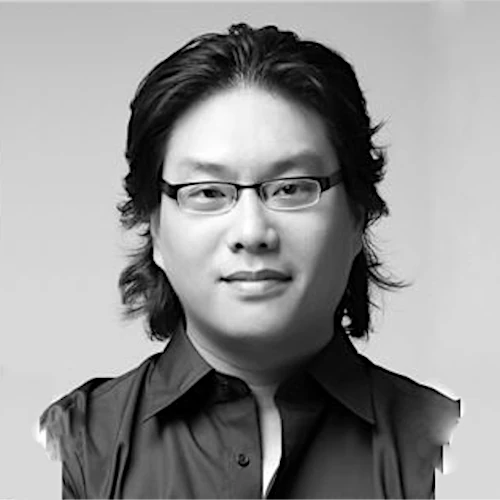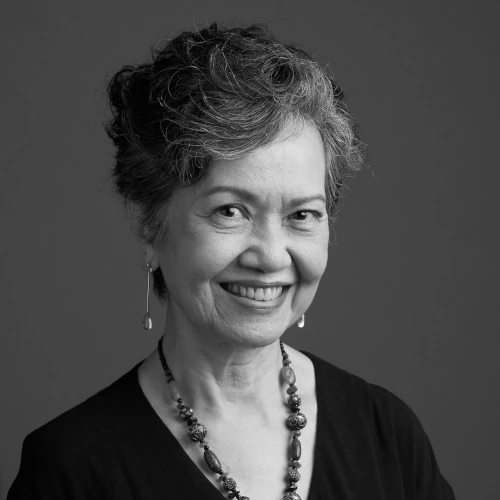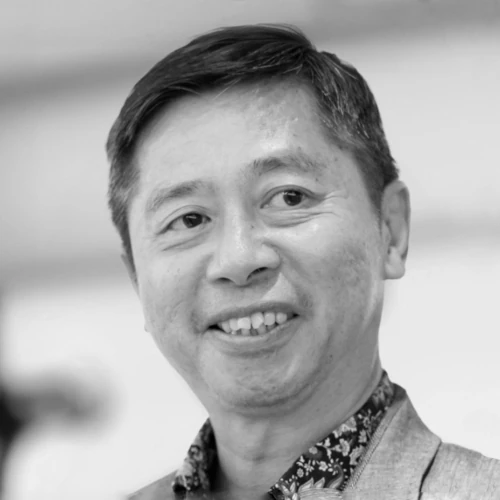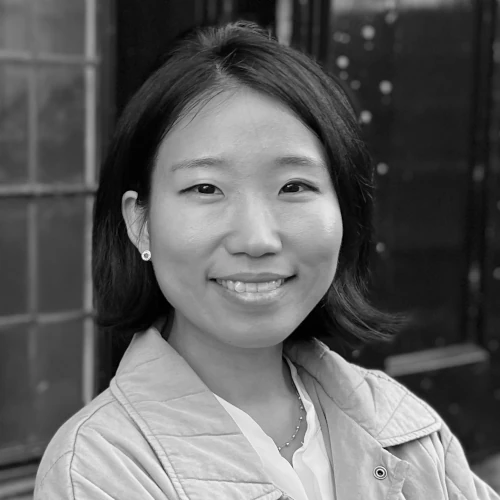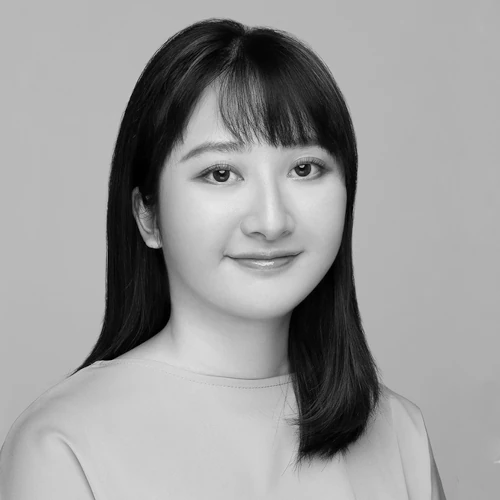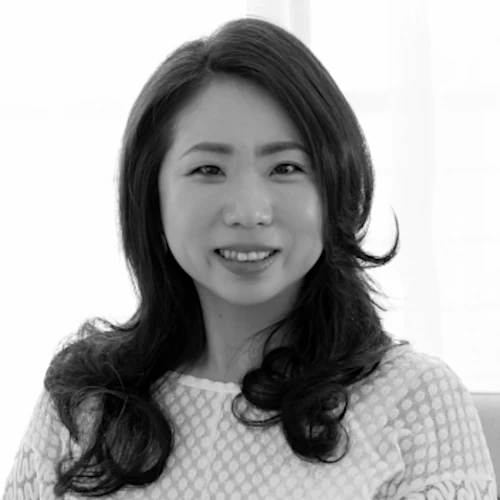Keynote Presentation
Hallyu Dynamics:
Unpacking Cultural Hybridity through Compressed Modernity
In this Keynote speech, Dr. WoongJo Chang explores the global phenomenon of Hallyu (the Korean Wave) through the lens of Korea's unique historical and cultural development, particularly its experience of "compressed modernity." Dr. Chang argues that Hallyu's appeal lies in its ability to reflect and resonate with the complexities of digital modernity, characterized by a blend of traditional Korean values and modern global influences. Using analogies like Bibimbap and fermentation, he illustrates how Korea's rapid modernization has created a transgenerational cultural hybridity, which fuels the global success of Hallyu. The speech also highlights the importance of managing this cultural fermentation carefully to sustain Hallyu's vitality and address the challenges posed by Korea's evolving societal dynamics, including the tension between democracy and autocracy. Dr. Chang concludes by suggesting that Hallyu's future success will depend on its ability to maintain a delicate balance between innovation and tradition, global appeal and local identity, while fostering a cohesive yet diverse cultural expression that continues to captivate audiences worldwide.
WoongJo Chang is an Associate Professor and Chair of the Department of Arts and Cultural Management at Hongik University, Seoul, Korea. Before joining Hongik, he taught in the Arts Leadership Program at Seattle University and earned a Ph.D. in Cultural Policy and Arts Administration from the Ohio State University after studying performing arts at Seoul National University. Chang's research focuses on entrepreneurial practices of small arts organizations and ways to support them. Chang currently serves as Chair of the scientific committee of the Korean Society of Arts and Cultural Management, further solidifying his leadership in the field. He has also contributed to The Journal of Arts Management, Law and Society, where he's a consulting editor. Chang has a special focus on Hallyu, particularly the global cultivation of its fandom. His current interest in Hallyu emphasizes its transgenerality and transnationality, reflecting Korea's compressed modernity.
